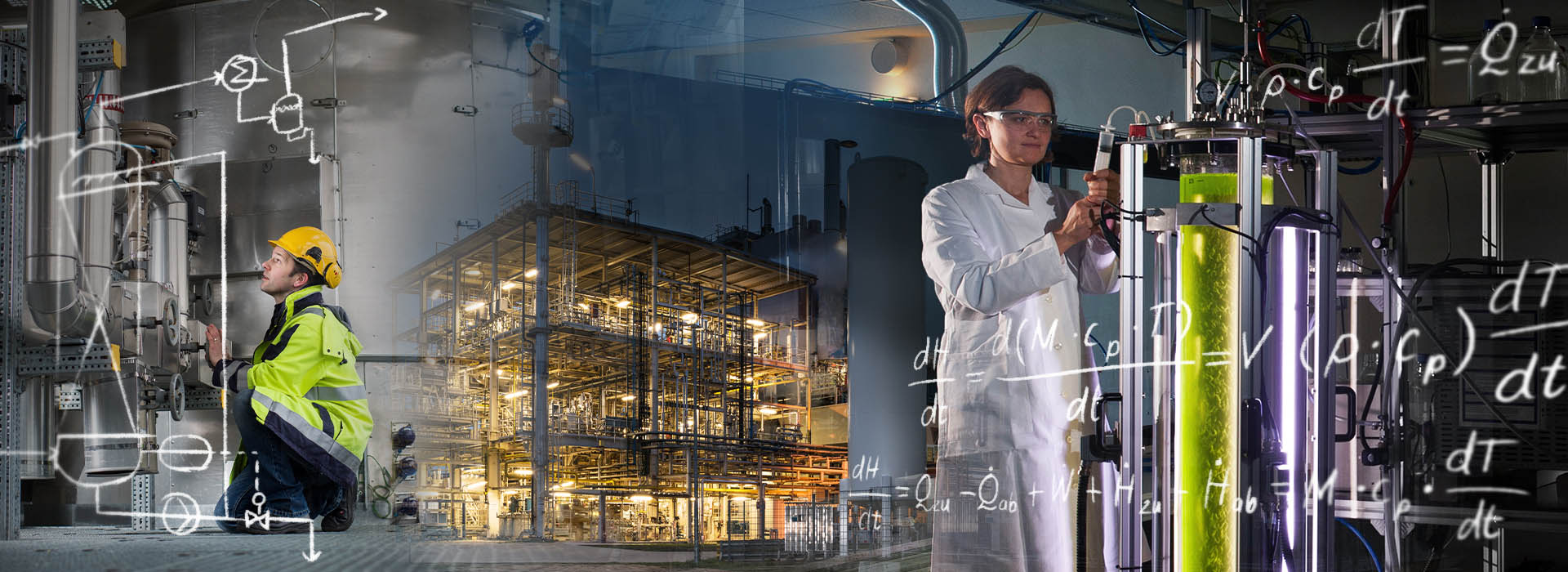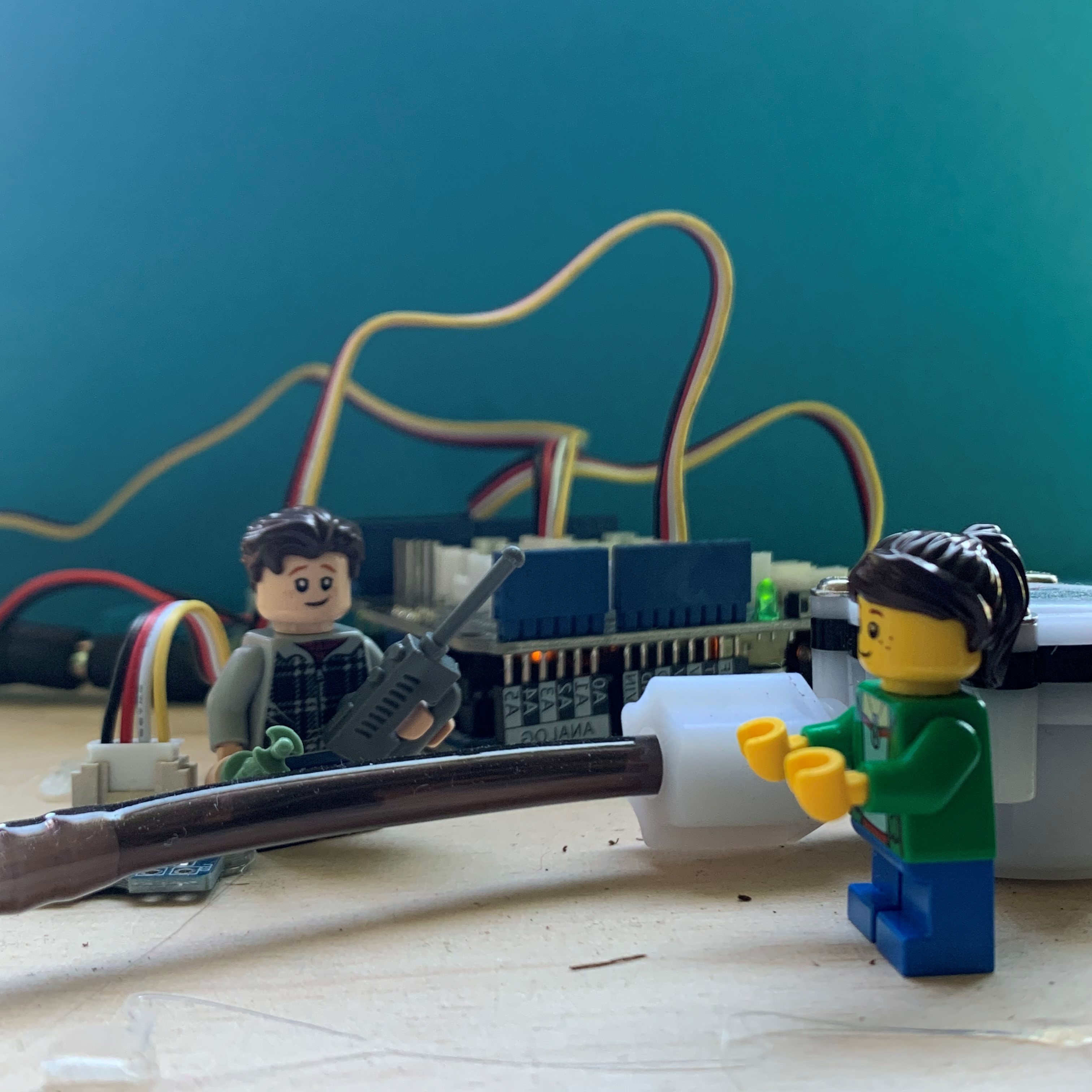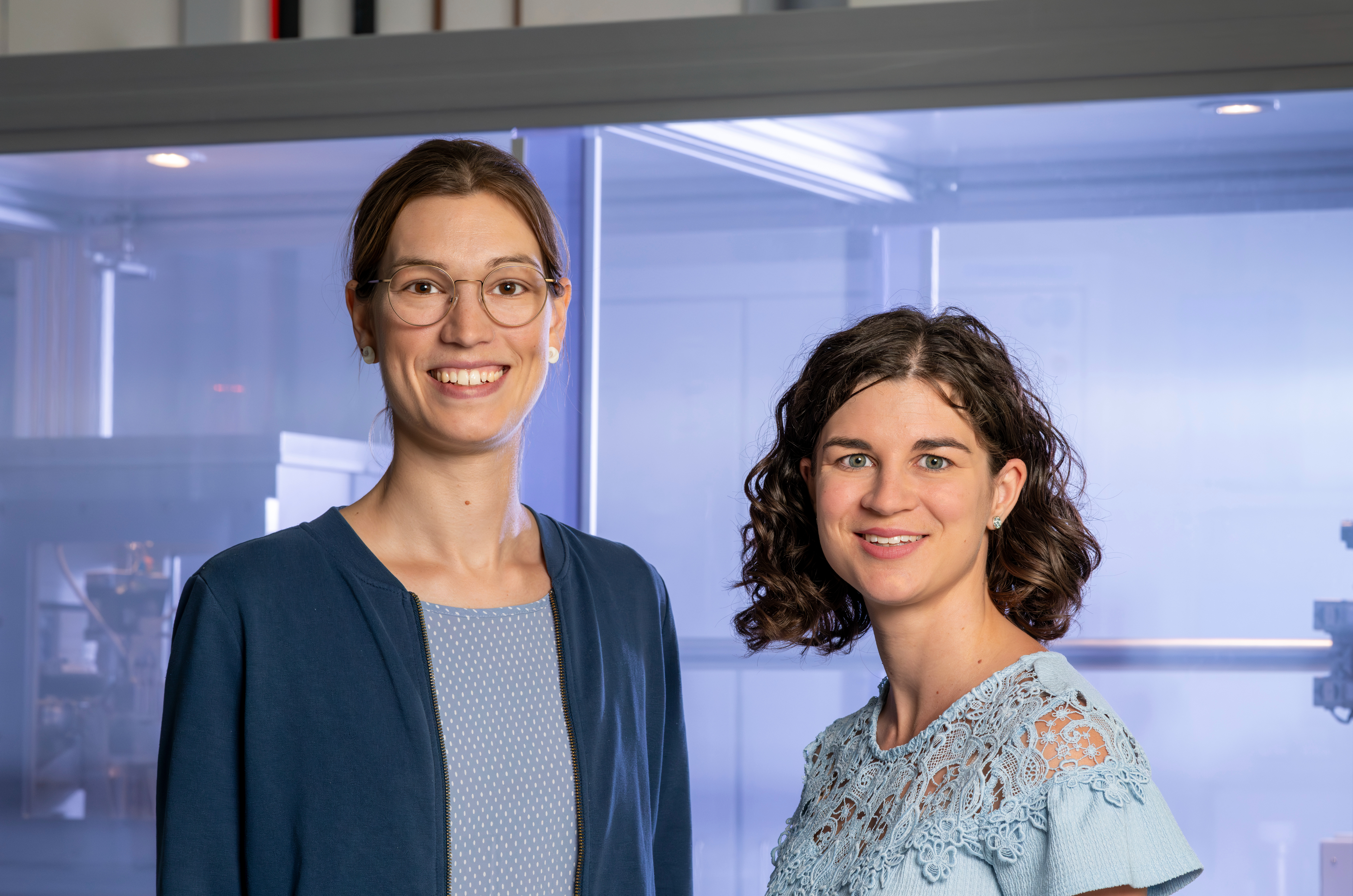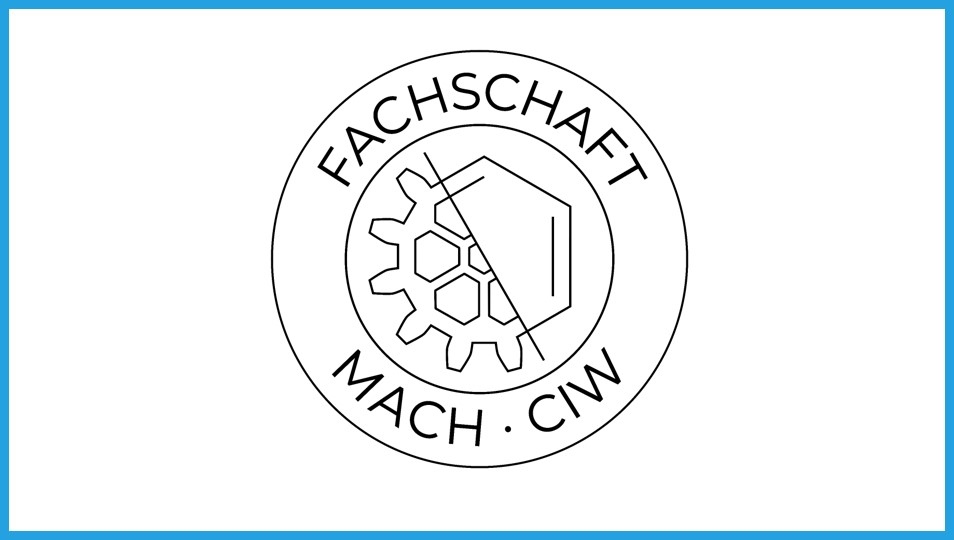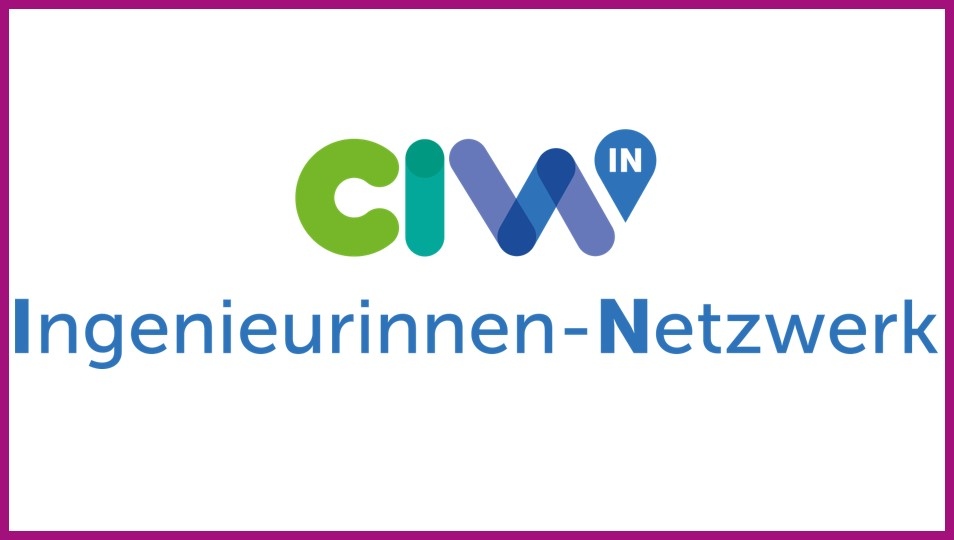We research and teach the processes and procedures of material and energy conversion.
- Our research is geared to the requirements of a resource-efficient and increasingly data-based industrial society
- With our research-based teaching, we qualify engineers for a sustainable economic society
- Our networking with innovative young and established companies, organizations and authorities ensures efficient knowledge and technology transfer.

Dr Frank Rhein is developing a concept to reduce the CO₂ emissions associated with cryptocurrencies. His approach involves replacing the energy-intensive 'proof of work' process with a 'proof of physical work' process. Physical processes, such as creating unique pigment structures, would serve as a security mechanism. Although the high costs of materials and time would remain, this could significantly reduce electricity consumption and thus CO₂ emissions. The Carl Zeiss Foundation is supporting the project through the 'CZS Nexus' programme with around 1.5 million euros over five years to set up a dedicated working group.
More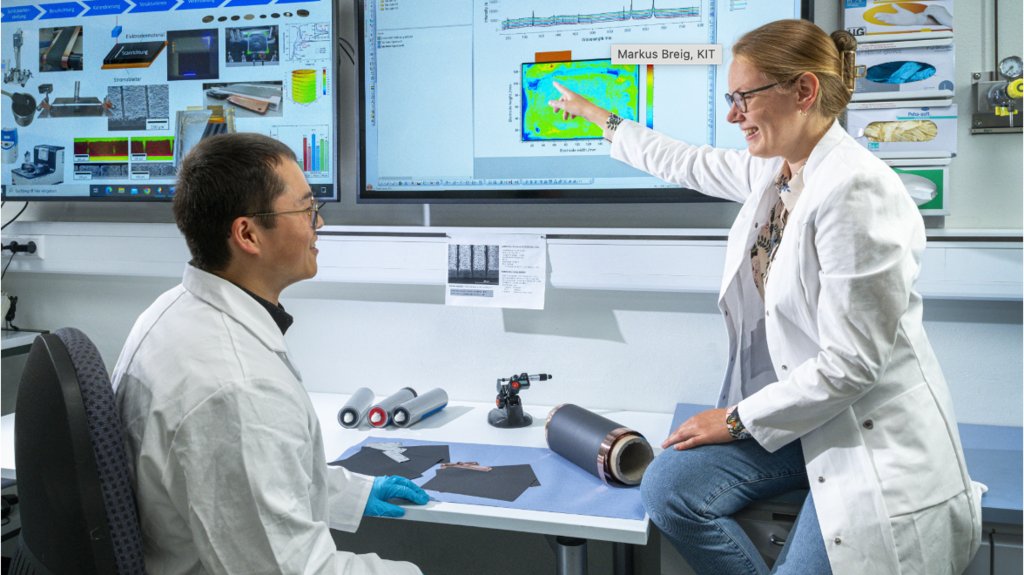
In the 2024 edition of the "QS World University Rankings by Subject", the Karlsruhe Institute of Technology (KIT) is ranked 48th in the field of engineering sciences. KIT is ranked 3rd in Germany in this subject area. The subject of chemical engineering is ranked 21st worldwide, in Germany it is the front runner and takes 1st place.
We are delighted with this excellent result!
More